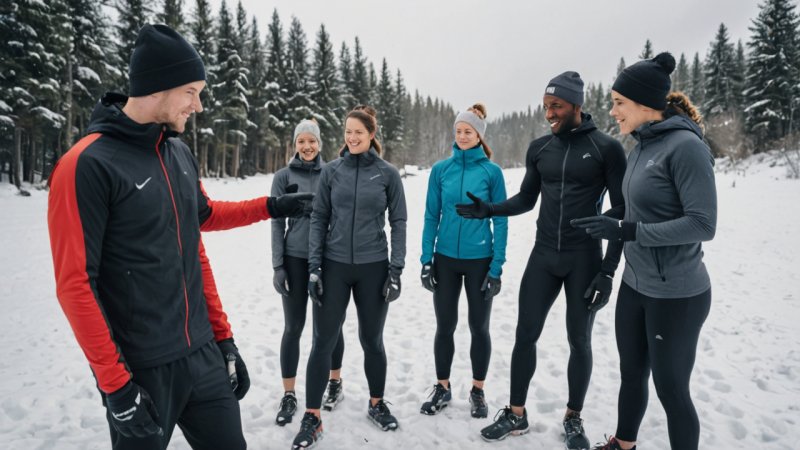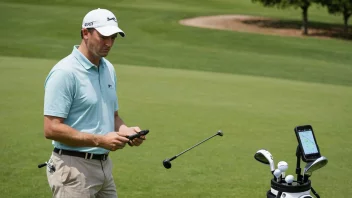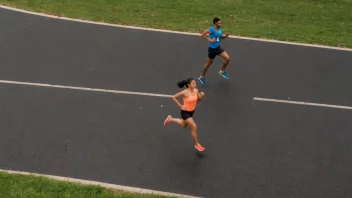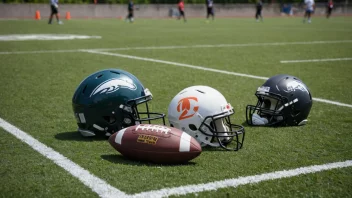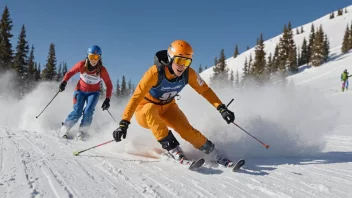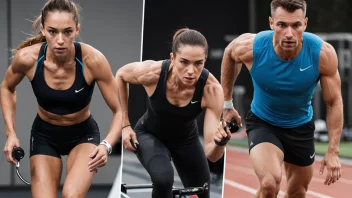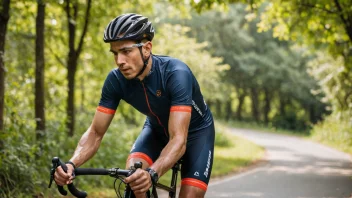What is the role of teamwork in winter sports?
Teamwork is crucial in winter sports as it enhances communication and coordination among athletes, leading to improved performance. In team-based events like biathlon, bobsledding, and ski relays, effective collaboration can make the difference between winning and losing. Athletes must trust one another, share strategies, and support each other to succeed.
How does teamwork improve safety in winter sports?
Teamwork plays a vital role in promoting safety during winter sports. In activities like skiing or snowboarding, team members can look out for each other, ensuring that everyone follows safety protocols. By communicating potential hazards, such as icy patches or obstacles, athletes can reduce the risk of injuries. Additionally, in emergency situations, having a team can lead to quicker responses and more effective assistance.
What are some examples of teamwork in winter sports?
Teamwork manifests in various winter sports. For instance:
- Bobsled: Each member of the team has a specific role, from pushing the sled to navigating the turns.
- Ice Hockey: Players work in unison to create scoring opportunities and defend against opponents.
- Relay Races: Skiers must time their exchanges perfectly to maintain momentum and achieve the best time.
How can athletes develop teamwork skills?
Athletes can develop teamwork skills by engaging in team-building exercises, participating in group training sessions, and practicing effective communication. Coaches can facilitate activities that require collaboration, fostering a sense of trust and camaraderie among team members. Regular feedback and reflection on team dynamics can also enhance teamwork abilities.
What psychological benefits does teamwork provide in winter sports?
Teamwork offers psychological benefits such as increased motivation, enhanced confidence, and reduced stress. When athletes feel supported by their teammates, they are more likely to push themselves and take risks. This positive environment fosters resilience, enabling athletes to face challenges and setbacks with a stronger mindset.
How does teamwork impact overall performance in competitions?
Teamwork significantly impacts overall performance in competitions. Cohesive teams often perform better due to synchronized efforts and strategic planning. The ability to rely on one another during high-pressure situations can lead to improved decision-making and execution, ultimately resulting in higher achievements and greater success in competitions.
What challenges can arise from teamwork in winter sports?
While teamwork has many advantages, it can also present challenges. Conflicts may arise due to differing personalities or competitive ambitions. Poor communication can lead to misunderstandings and mistakes. However, addressing these challenges through open dialogue and conflict resolution strategies can strengthen the team and improve future performance.
How can coaches promote teamwork among athletes?
Coaches can promote teamwork by setting clear expectations for collaboration, organizing team-building activities, and encouraging open communication. Recognizing and rewarding team achievements fosters a sense of belonging and motivates athletes to work together towards common goals. Additionally, coaches should model teamwork behaviors themselves.
What is the long-term significance of teamwork in winter sports?
In the long term, the skills and relationships developed through teamwork in winter sports can extend beyond the athletic arena. Athletes who learn to collaborate effectively are likely to carry these skills into their personal and professional lives, fostering teamwork in various contexts. Moreover, enduring friendships formed through shared experiences can enhance the enjoyment of sports and life.
Final Thoughts: Teamwork is an indispensable aspect of winter sports, contributing not only to performance and safety but also to the psychological well-being of athletes. By fostering a collaborative environment, athletes can achieve greater success and build lasting relationships that transcend the sport.
